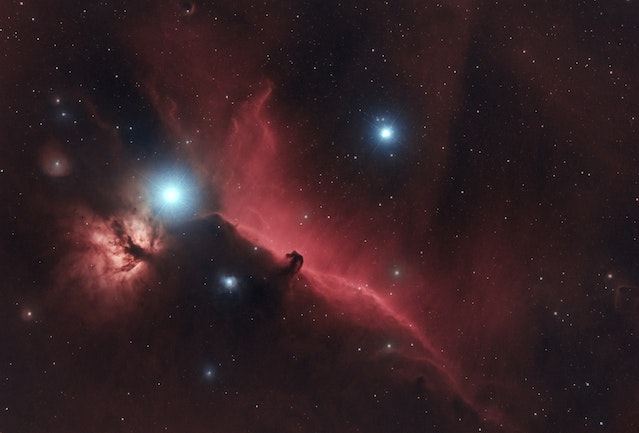In a significant setback for Japan’s space exploration aspirations, a Japanese moon lander crashed just moments before its intended landing, casting a shadow over the nation’s ambitions to contribute to lunar research and exploration. The failed mission highlights the inherent risks and challenges of space exploration and underscores the need for continued perseverance and advancement in this frontier of human discovery.
The Japanese moon lander, named Sakura, embarked on its highly anticipated mission to touch down gently on the lunar surface. Equipped with cutting-edge scientific instruments and a rover designed to explore the Moon’s uncharted terrain, Sakura aimed to gather critical data and expand our understanding of Earth’s celestial companion.
However, the final stage of the mission took a devastating turn as Sakura encountered unforeseen difficulties during its descent. Moments before reaching the lunar surface, the lander veered off course, hurtling towards the Moon at a velocity incompatible with a safe landing. The mission control team at the Japan Aerospace Exploration Agency (JAXA) made valiant efforts to regain control, but ultimately, Sakura crashed, extinguishing the hopes of a successful landing.
The crash serves as a stark reminder of the complexities and risks inherent in space exploration. The Moon’s lack of atmosphere, uneven terrain, and low gravity present formidable challenges for spacecraft attempting to achieve a precise and safe landing. Even with meticulous planning and rigorous testing, unexpected circumstances can arise, highlighting the need for resilience and continuous improvement in space exploration endeavors.
Dr. Hiroshi Yamamoto, a renowned space scientist and advisor to JAXA, expressed his disappointment but also emphasized the importance of learning from such setbacks. “While the crash of Sakura is disheartening, it provides invaluable lessons that will inform future missions and contribute to the advancement of lunar exploration. We must persevere and continue pushing the boundaries of human knowledge.”
The failed landing of Sakura raises questions about the economic and scientific costs associated with such setbacks. Space missions, especially those involving sophisticated spacecraft and cutting-edge technology, require substantial financial investments. The loss of Sakura not only represents a significant financial setback for Japan’s space program but also underscores the need for careful evaluation of risks and contingencies in future missions.
In addition to the economic implications, the crash landing of Sakura highlights the emotional toll on the scientists, engineers, and space enthusiasts who invested their time, expertise, and passion in the mission. Their aspirations and dedication were intertwined with Sakura’s journey, making the failure a deeply personal disappointment.
Nonetheless, it is crucial to acknowledge Japan’s notable achievements in space exploration. The nation has made significant strides in satellite launches, technological advancements, and scientific contributions to the global space community. The lessons learned from Sakura’s crash will undoubtedly shape future missions and help fortify Japan’s position as a key player in the exploration of the cosmos.
Looking ahead, Japan and other spacefaring nations will persist in their pursuit of lunar exploration and scientific discovery. The Moon continues to captivate the imagination and interest of scientists and researchers worldwide, serving as a crucial stepping stone for future human space missions and potential resource utilization.
The crash landing of Sakura reinforces the importance of perseverance, resilience, and continuous innovation in the face of adversity. While setbacks are an inherent part of space exploration, they provide opportunities for growth and progress. The lessons learned from failures like Sakura’s crash will guide future endeavors, ensuring that each mission builds upon the knowledge and experiences of its predecessors.
As we reflect on the cost of failure in Japan’s lunar mission, we are reminded of the inherent risks and challenges associated with venturing into the unknown. It is through these setbacks that humanity learns, adapts, and evolves its understanding of the vast universe that surrounds us
.
Ultimately, the crash of Sakura serves as a reminder that space exploration is not for the faint-hearted. It requires boldness, resilience, and unwavering determination to overcome the challenges that lie ahead. The spirit of exploration and the thirst for knowledge will continue to drive us forward, pushing the boundaries of human achievement as we strive to unlock the mysteries of the cosmos.











